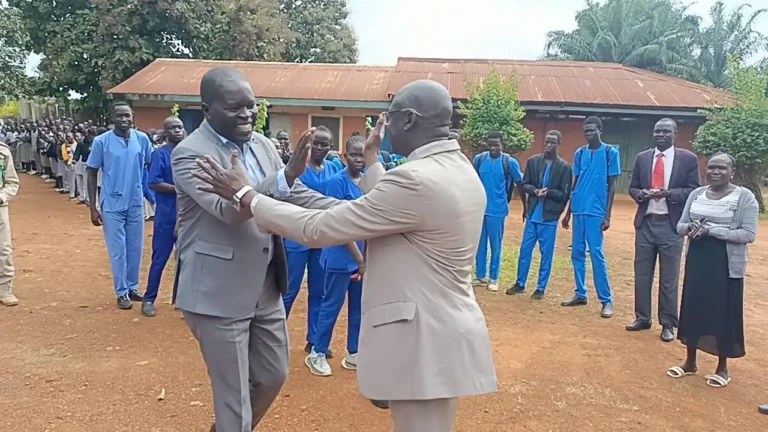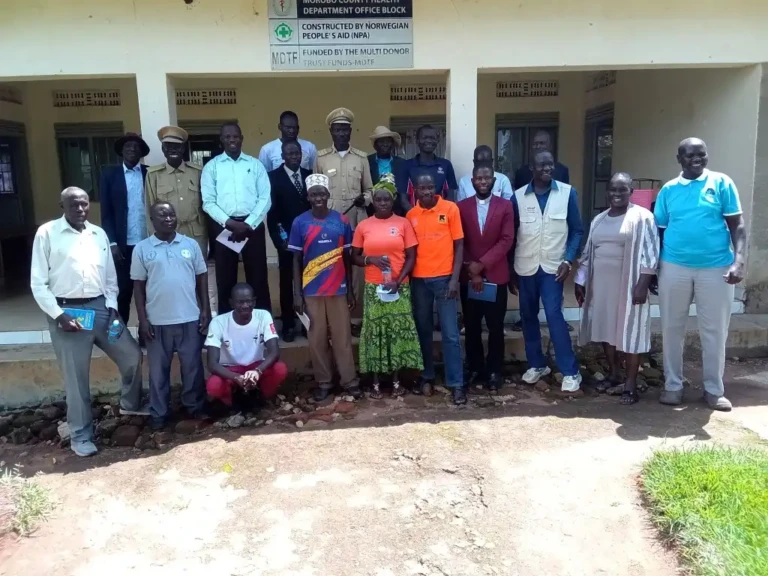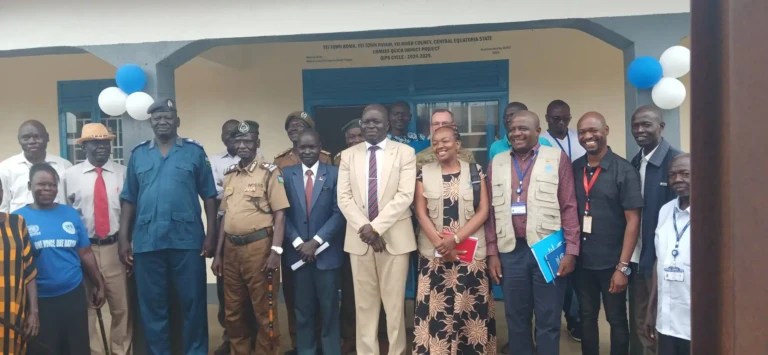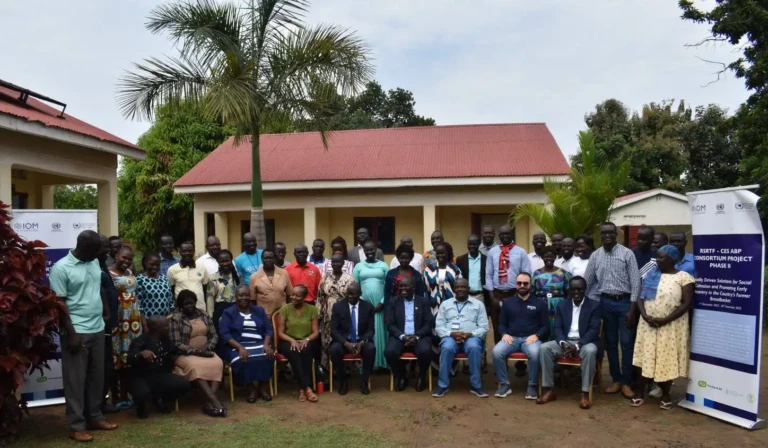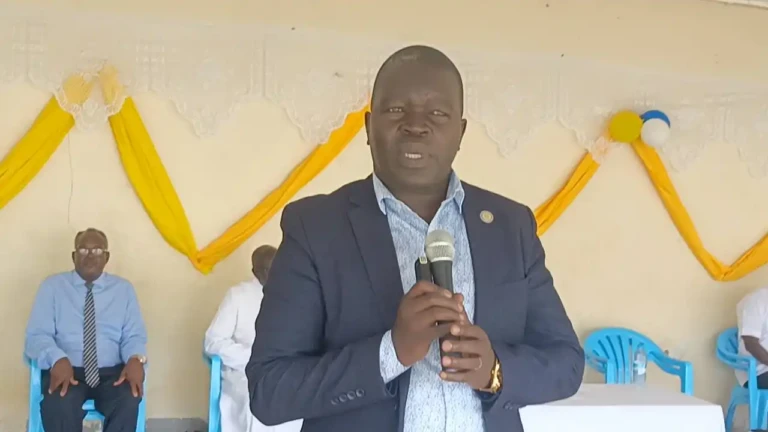
(Juba) – South Sudan’s Minister of Environment and Forestry, Josephine Napwon Cosmos, has urged citizens to adopt responsible plastic use and more sustainable habits to address the country’s growing pollution crisis. Her remarks came during a press briefing in Juba on Thursday, held to mark World Environment Day early in June.
The minister emphasized the importance of reducing the use of plastic and called on the public to make environmentally conscious choices in their daily lives. “Let us commit to reducing our plastic footprints,” Napwon said. “This can begin with simple steps like using reusable bags, avoiding single-use plastics, and encouraging our families and friends to do the same.”
She admitted that while the government has made efforts to ban the import and use of plastic bags, those measures have largely failed due to widespread corruption. “There should be law enforcement and laws put in place, but these days there are too many bribes,” she said. “We see the plastic bags coming, and they are everywhere.”
Napwon warned that plastic waste is now a major environmental and public health threat in South Sudan. She explained that plastic materials are routinely dumped along roads, into rivers, and across open spaces, causing harm to both humans and animals. The minister pointed out that plastics pollute land and water, disrupt ecosystems, block drainage systems, endanger wildlife, and contribute to long-term health problems in communities.
She called on individuals, institutions, and government bodies to raise awareness and take responsibility for the growing problem. “Today, I urge everyone to take action,” Napwon said again, emphasizing the need for a collective effort to reduce plastic waste.
Jaden Tongun Emileo, the Undersecretary of Forestry at the Ministry of Environment and Forestry, also spoke at the event. He announced new policies aimed at managing plastic waste, including the introduction of an environmental fee on plastic bottles. “We have gone further to introduce fees on plastic bottles, and this will be represented in the national appropriation bill,” he stated.
As of January 2025, the ministry began charging an environmental levy of 20 South Sudanese Pounds (SSP) per kilogram of plastic preforms used in bottling (equivalent to about $0.017 at current exchange rates). The fee is meant to encourage recycling and reduce the growing burden of plastic waste on the environment.
Despite these efforts, South Sudan currently lacks a comprehensive legal framework specifically targeting plastic pollution. There are no enforceable laws regulating the use of plastic, nor mechanisms in place to hold companies accountable for plastic waste. Additionally, South Sudan does not manufacture its own plastic products, relying entirely on imports.
Plastic waste now makes up an estimated 73% of all solid waste in South Sudan, a situation that continues to pose serious threats to both environmental stability and public health. Experts and officials alike agree that unless stronger laws are enforced and public behavior shifts, the problem is likely to worsen.
Discover more from Access Radio Yei News
Subscribe to get the latest posts sent to your email.

